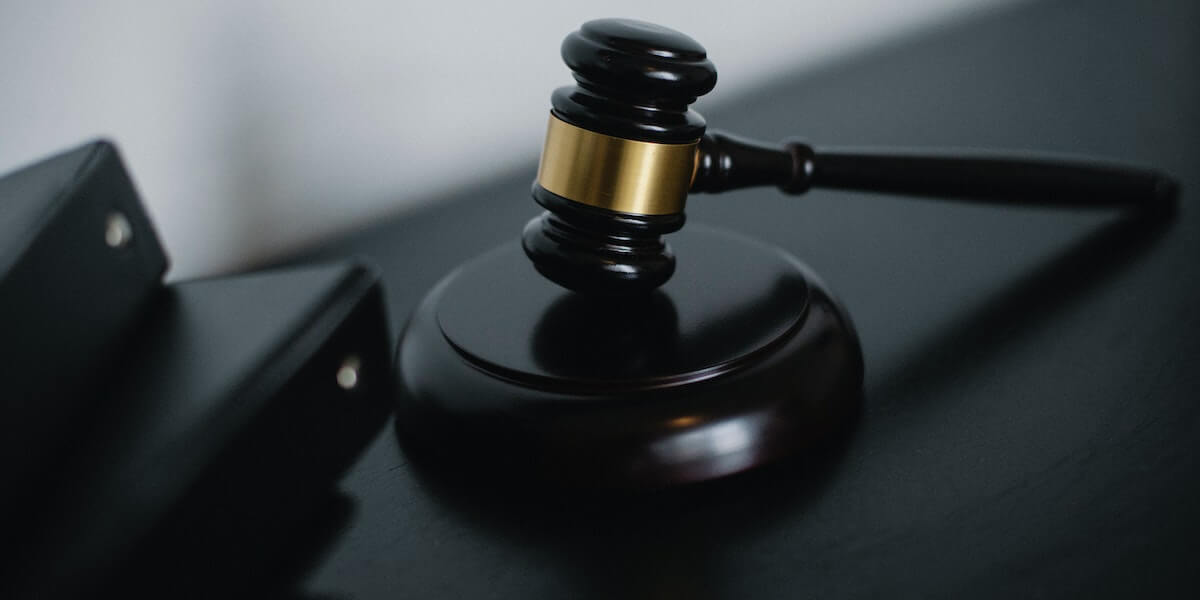The military has “zero tolerance” for drug use while in service, whether you are in the Active Component or the Reserves. The expectation is that if a service member is going to be entrusted with protecting the country, the service member is expected to not engage in illegal activities such as illegal drug use. This includes taking prescription drugs that are either not prescribed to you or not as directed by the doctor. Therefore, all service members can be expected to submit to drug testing, usually a urinalysis, to demonstrate they are free of illegal drug use.
Based on the zero-tolerance policy, most service members believe a positive test will automatically cause severe damage to their career or outright separation. A positive drug test can lead to a court-martial, non-judicial punishment/Article 15, or administrative separation. There are many ways to advocate for yourself if you receive a positive test result. A service member should know how to effectively advocate in this situation, which could be the difference between facing an adverse separation or sustaining their career.
Consequences of a Failed Military Drug Test
A prospective service member is generally able to retake a previously failed drug test while at a Military Entry Processing Station (MEPS). The time frame is usually about 90 days after a previously failed test. However, a second failed drug test will bar a prospective service member from serving in any branch of the military.
However, an active-duty service member or reservist is not provided the opportunity to retake a drug test. Once a service member receives a positive drug test, it is assumed the service member knowingly ingested an illegal substance. The type of drug that comes back positive can influence the type of action and disciplinary action sought by the military. Throughout much of this process, service members may not be assigned a free military defense counsel, or Judge Advocate, until it is too late.
How To Fight Back a Failed Military Drug Test
A failed drug test does not mean the case is over. One often hears about the “zero tolerance” policy and that compliance is mandatory. However, it is mandatory processing, not mandatory separation. There are many ways to challenge these allegedly positive tests. One can challenge the way the sample was collected, handled, and/or tested. The collection process is detailed, and the testing procedure is scientific. In some cases, samples have been mislabeled or mishandled, which degrades the integrity of the results. There could also be issues with the lab where the sample was tested in as well. Historically, there have been some labs that have been shut down due to continually returning falsely positive drug tests.
A service member can also fight against a positive result by proving he or she unknowingly ingested the drug. If one innocently ingested a substance (which can happen in a variety of ways, especially in this day and age, such as gummies and vape pens), then they are not guilty. With the legalization and decriminalization of marijuana in many states, some commonly available products may have marijuana or THC in them. This is especially true for products that are not FDA-approved. A service member will need to force the government to prove they knowingly ingested an illegal substance.
Be Prepared to Fight Back
In many careers, drug use is prohibited, and a positive result could be catastrophic to your career. This is the case in the military, as a positive drug result could lead to separation and an unfavorable discharge characterization. An unfavorable discharge characterization can lead to loss of benefits, diminished ability for gainful employment, and other consequences. While it might seem like an impossible task to fight back against a failed military drug test, there are many avenues for service members to make a case against these results and prove their innocence. Knowing what one’s rights are when it comes to these tests and how to fight back are crucial to maintaining both one’s career and reputation.
Chad Lennon is an attorney in the military law practice at Tully Rinckey PLLC, and a Major in the Marine Corps Reserve. Concurrently, he is the Co-Chair for the New York State Bar Association Committee on Veterans, on the Board of Director for the Suffolk County Bar Association, and is an Officer for the Suffolk County Bar Association Academy of Law. He can be reached at (888)-529-4543 or at info@tullylegal.com.








